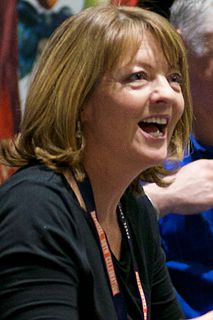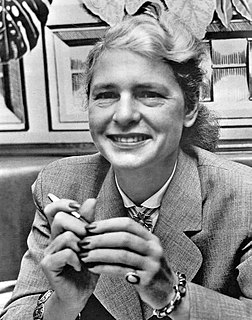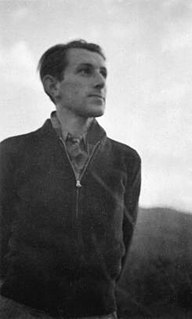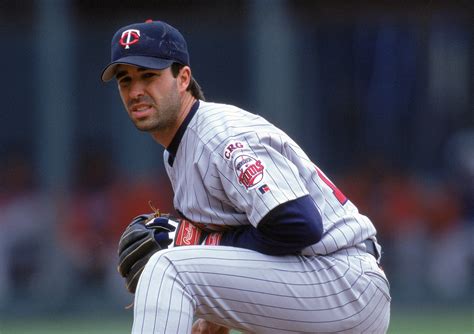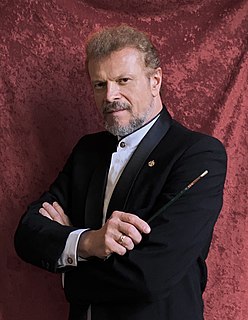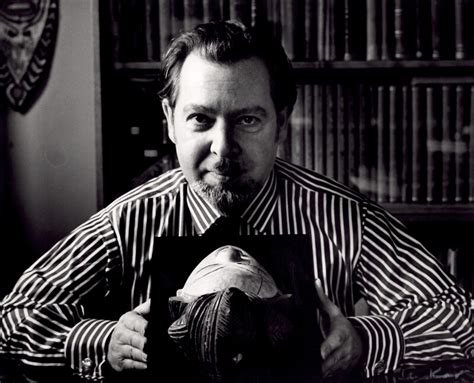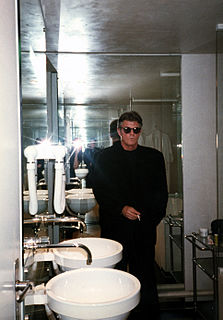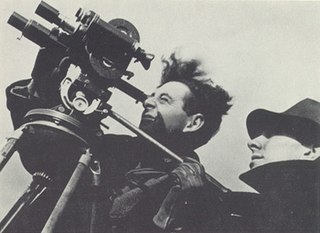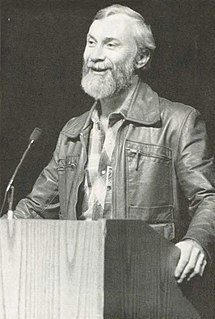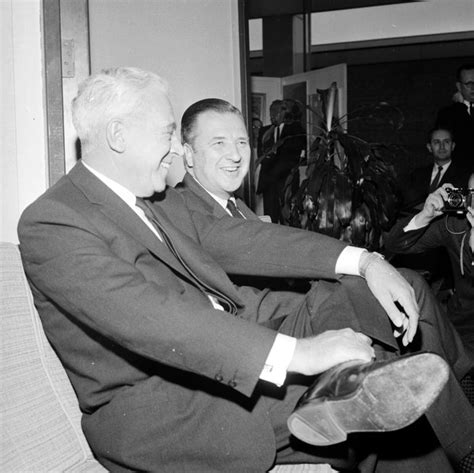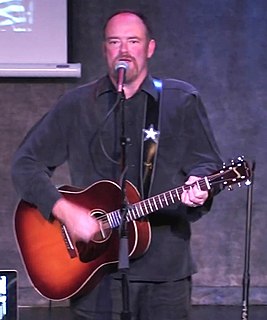Top 1200 Camera And Photography Quotes & Sayings
Explore popular Camera And Photography quotes.
Last updated on April 14, 2025.
I feel more like a creative artist using photography because there's - the digital work is so interesting now. It's come to that. I have had many different stages of photography - there are many different ways to take photos. But I feel now I'm in that stage of my life where I use the camera, you know, in that way.
Photography today is accomplishing a lofty mission in which every German should collaborate by buying a camera. The German people is ahead of every other in the technical domain and, thanks to its exceptional qualities, the small camera has conquered the whole world... Much is at stake here from the point of view of popular consumer goods and, furthermore, photography has a particularly important political role to play. (Addressing the Berlin Photography Fair, 1933)
With the camera, it's all or nothing. You either get what you're after at once, or what you do has to be worthless. I don't think the essence of photography has the hand in it so much. The essence is done very quietly with a flash of the mind, and with a machine. I think too that photography is editing, editing after the taking. After knowing what to take, you have to do the editing.
Humans have changed the landscape so much, but images of the sea could be shared with primordial people. I just project my imagination on to the viewer, even the first human being. I think first and then imagine some scenes. Then I go out and look for them. Or I re-create these images with my camera. I love photography because photography is the most believable medium. Painting can lie, but photography never lies: that is what people used to believe.
The camera has a mind of its own--its own point of view. Then the human bearer of time stumbles into the camera's gaze--the camera's domain of pristine space hitherto untraversed is now contaminated by human temporality. Intrusion occurs, but the camera remains transfixed by its object. It doesn't care. The camera has no human fears.
Considering that knowledge of the chemical as well as the optical principles of photography was fairly widespread following Schulze's experiment (in 1725)... the circumstance that photography was not invented earlier remains the greatest mystery in its history... It had apparently never occurred to any of the multitude of artists of the seventeenth and eighteenth centuries who were in the habit of using the camera obscura to try to fix its image permanently.
To know whether photography is or is not an art matters little. What is important is to distinguish between good and bad photography. By good is meant that photography which accepts all the limitations inherent in photographic technique and takes advantage of the possibilities and characteristics the medium offers. By bad photography is mean that which is done, one may say, with a kind of inferiority complex, with no appreciation of what photography itself offers: but on the contrary, recurring to all sorts of imitations.
I think the equipment you use has a real, visible influence on the character of your photography. You're going to work differently, and make different kinds of pictures, if you have to set up a view camera on a tripod than if you're Lee Friedlander with handheld 35 mm rangefinder. But fundamentally, vision is not about which camera or how many megapixels you have, it's about what you find important. It's all about ideas.
With photography, everything is in the eye and these days I feel young photographers are missing the point a bit. People always ask about cameras but it doesn't matter what camera you have. You can have the most modern camera in the world but if you don't have an eye, the camera is worthless. Young people know more about modern cameras and lighting than I do. When I started out in photography I didn't own an exposure meter - I couldn't , they didn't exist! I had to guess.
There are many reasons why photography does not attract the social and cultural attention it deserves. I would add one more which has received scant attention: it does not make a lot of noise. ... Perhaps photography would be more appreciated if camera shutters fired with the sound of a .357 Magnum.
I find that when one has worked long enough, technical know-how becomes almost irrelevant. In photography, it's not difficult to reach a technical level where you don't need to think about the technique any more. I think there is far too much literature and far too much emphasis upon the techniques of photography. The make of camera and type of film we happen to use has little bearing on the results.
Once a photographer is convinced that the camera can lie and that, strictly speaking, the vast majority of photographs are camera lies, inasmuch as they tell only part of a story or tell it in distorted form, half the battle is won. Once he has conceded that photography is not a naturalistic medium of rendition and that striving for naturalism in a photograph is futile, he can turn his attention to using a camera to make more effective pictures.
The only thing which completely was an amazement to me and brought me to photography was the work of Munkacsi. When I saw the photograph of Munkacsi of the black kids running in a wave, I couldn't believe such a thing could be caught with the camera. I said, 'Damn it', I took my camera and went out into the street.
